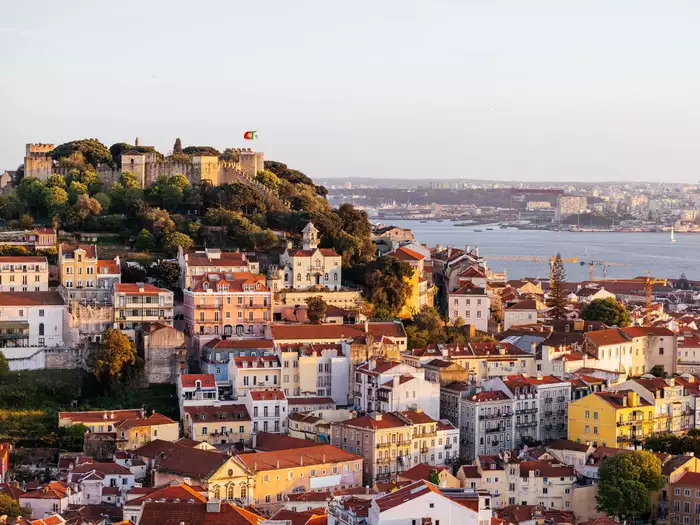
Portugal and Ireland recently made an announcement regarding the cessation of their "golden visa" initiatives. Armand Arton, the CEO of Arton Capital, believes that this decision represents a missed financial opportunity. Instead, he proposes that countries modify the investment requirements to cater to the interests of local residents.
Armand Arton, who refers to himself as the "Chief Global Citizen" rather than CEO, possesses a remarkable collection of eight passports. This assortment is befitting for the head of a company that assists extremely affluent individuals in acquiring second citizenship. The passport business experienced significant growth during the pandemic, particularly among wealthy Americans who, for the first time in their lives, faced travel restrictions to numerous countries worldwide.
As Europe confronts challenges such as housing crises, inflation, extreme weather events, and conflicts, governments ranging from Portugal to Ireland are prohibiting foreign individuals from obtaining so-called "golden passports" and visas. These "golden passports," officially known as citizenship by investment programs, grant foreigners citizenship in exchange for a specific financial investment in a country, often through the purchase of real estate. On the other hand, "golden visas" provide temporary residence permits in return for investments, without guaranteeing permanent citizenship.
The recent crackdown on these programs in Europe revolves around a critical question that threatens the very foundation of the $20 billion industry: Is it ethical to sell citizenship? Armand Arton firmly believes it is, and not solely due to personal gain. As the CEO of a firm that has facilitated over $4 billion in foreign investment for various countries over the past five years, Arton's perspective stems from his own experiences. He was born in communist Bulgaria after his family fled the Armenian genocide. When he traveled with his parents to Morocco, their destination of employment, he quickly realized that the place of birth determines the freedom of movement one enjoys globally. His family had to apply for visas in 14 different countries, facing the challenge of convincing these governments that they were not refugees. Arton emphasizes the sense of inferiority and vulnerability that accompanies holding a passport based on circumstances beyond one's control.
Arton, attired in a blue blazer and adorned with beaded rope bracelets, projects an image of being down-to-earth—an aspiration common among wealthy individuals. While his rival, Dr. Christian H. Kälin, chairman of Henley & Partners, is known as the "passport king," Arton considers himself the "Robinhood of passports." He argues that the wealthy will always find ways to reach their desired destinations, regardless of barriers. By removing the financial burden associated with purchasing citizenship, he claims that a valuable financial opportunity is being squandered.
Rather than an outright ban on golden passports and visas, Arton suggests that countries adjust their investment requirements to align with the prevailing economic climate and financial needs. In February, Portugal decided to halt new applications to its golden visa program, aiming to alleviate the housing crisis. With nearly half of the Portuguese workers earning less than €1,000 per month and many facing eviction, blaming affluent foreigners for escalating housing costs is a politically expedient move, according to Arton. Instead, he suggests that Portugal redirect the $7.4 billion in foreign investment garnered through the program since 2012 towards initiatives that benefit local residents, such as affordable housing or refugee services. In his view, Portugal should have recognized that real estate is no longer a viable solution and sought alternative measures that address the country's needs.
Dr. Kristin Surak, an Associate Professor of Political Sociology at the London School of Economics and author of "The Golden Passport: Global Mobility for Millionaires," acknowledges that firms like Arton's undoubtedly have a vested interest in the continuity of these programs. Nevertheless, she acknowledges the validity of some of Arton's arguments. Surak points out that the number of golden visa recipients is insufficient to destabilize an entire country's housing market. Since the program's inception in 2012, Portugal has granted 11,628 investor visas, amounting to approximately 0.1% of the national population. Surak also suggests that blaming these programs for various issues may contain an element of racism, noting that most foreign property owners in Portugal come from EU countries like France and Sweden, while Chinese and Brazilian nationals constitute the majority of golden visa recipients in the country.
